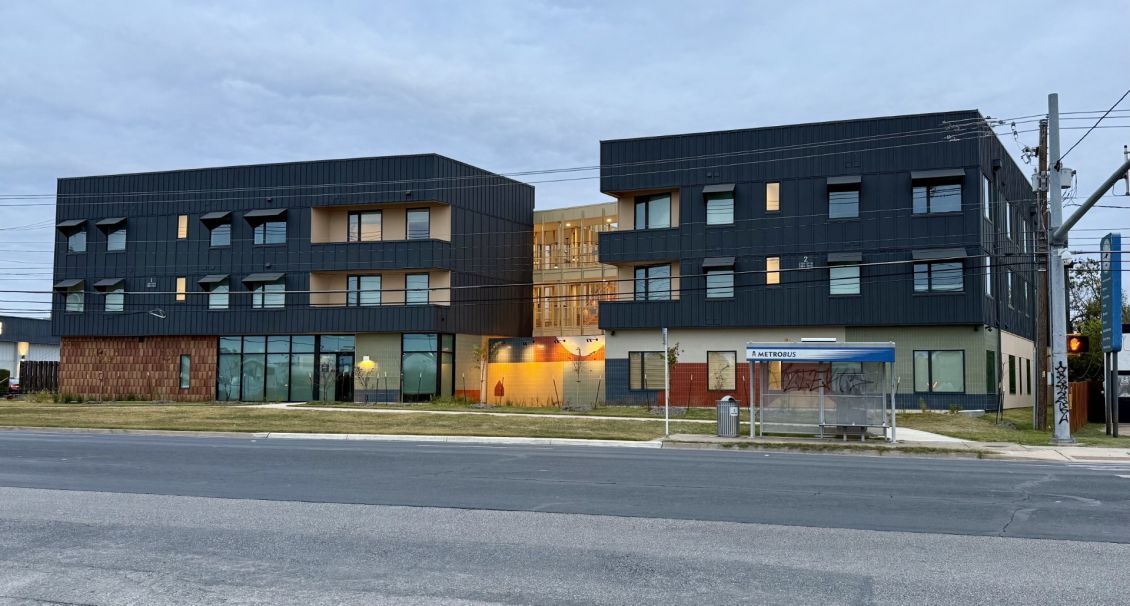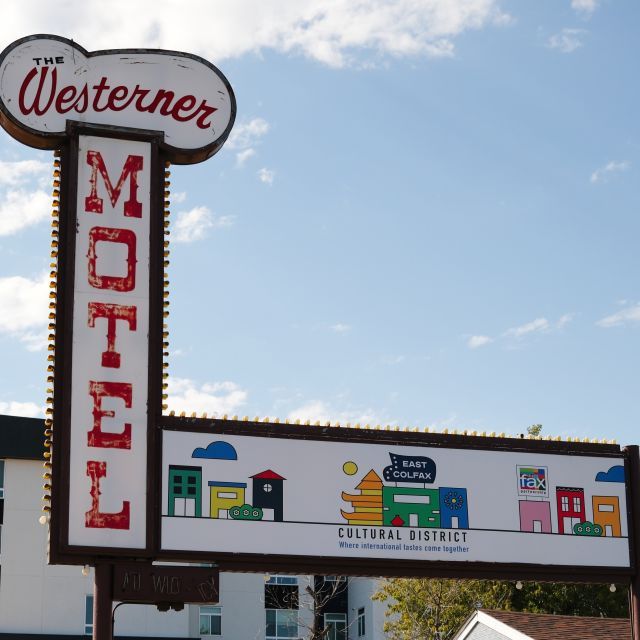In New Orleans, a community health organization is increasing its capacity to provide primary medical services to more than 6,300 people each year. In Baltimore, a nonprofit is bringing 88 units of transitional and permanent supportive housing to the city, and 50% of the units will be dedicated to residents living with HIV/AIDS. In Austin, Texas, the only direct provider of support for people living with HIV/AIDS in central Texas is planning to create 61 single room occupancy units for individuals who need shelter and care.
Enterprise Community Loan Fund, Enterprise’s community development financial institution (CDFI), invests in these partners and projects that are making the connection between health care and housing and are dedicated to serving individuals living with HIV.
With the 37th anniversary of World AIDS Day earlier this month, it’s important to note the connections between housing stability and access to affordable health care in caring for those affected by HIV/AIDS. People who are homeless have higher rates of HIV/AIDS than those with stable housing, due in part to discrimination, lack of healthcare and support, and economic hardship. According to the CDC, housing instability is a significant barrier to HIV/AIDS care: In 2020, nearly 20% of people diagnosed with HIV experienced homelessness or unstable housing
“It’s difficult to maintain [HIV/AIDS] treatment adherence without stable housing,” Jeannie Swink, chief programs officer of Project Transitions, recently told NBC when Burnet Place Apartments, an affordable housing community for people living with HIV, opened in Austin with the organization’s support. “We could not achieve our benchmarks for treatment and viral suppression if hundreds of people living with HIV remain unhoused.”
Enterprise Community Loan Fund invests in these organizations and works with partners that share the same goal: to end the HIV epidemic, using all resources available to us at every level of society, starting with a place to call home.
Crescent Care in New Orleans
Originally named the NO/AIDS Task Force, Crescent Care was founded in 1983 by a New Orleans task force in response to the HIV epidemic locally. In 2013, it became a Federally Qualified Health Center (FQHC)—a health clinic largely dedicated to those with limited or no access to healthcare and insurance—with an expanded mission to provide comprehensive care and wellness to the whole community.
This past year, with the support of a loan from Enterprise Community Loan Fund to construct and refinance the historic office building, Crescent Care was able to create a new FQHC that will increase their capacity and provide primary medical services to more than 6,300 clients annually, 80% of whom will be low-income individuals.
Beacon House Square in Baltimore
With capital support from Enterprise Community Loan Fund, nonprofit Project PLASE, Inc., is bringing 88 units of transitional and permanent supportive housing to Baltimore. Beacon House Square will prioritize people experiencing homelessness, with supportive services related to healthcare, substance use disorder, and work and family reunification issues. Fifty-six units will be reserved for formerly homeless veterans, while 32 will serve as transitional housing units for very low-income people experiencing homelessness. At least 50% of the units are anticipated to be dedicated to residents living with HIV/AIDS.
The project is slated to break ground in the last quarter of 2024, building on Project PLASE’s 50-year history of providing housing and resources to Baltimore’s unhoused population, including those living with HIV/AIDS.
Burnet Place in Austin
Burnet Place is the only direct provider of support for people living with HIV/AIDS in central Texas, specifically people who are homeless or marginally housed. With a facilities-based contract with Austin Public Health, the community is dedicated to advancing new programs and solutions to address the full continuum of HIV-related housing needs.
Enterprise Community Loan Fund provided a construction loan to Project Transitions for the creation of 61 single room occupancy units. Burnet Place was made possible through several other funding sources, including Capital Impact Partners. The facility provides residents with relevant medication, care, and support, helping to improve their individual outcomes and boost community health.

